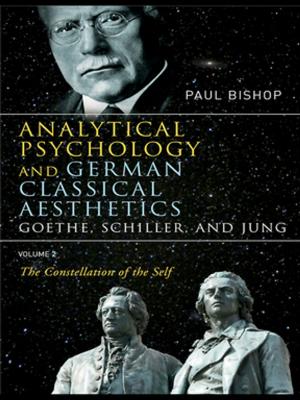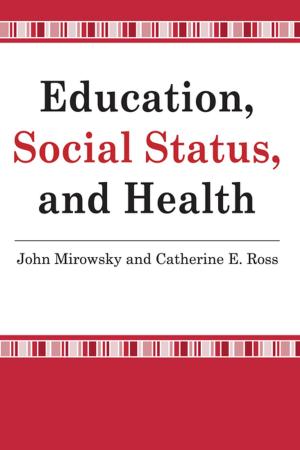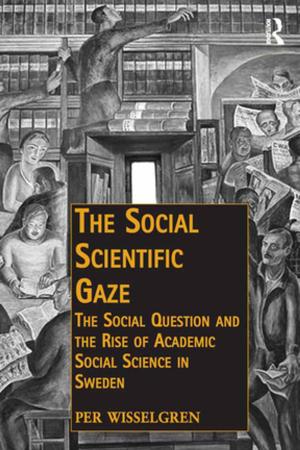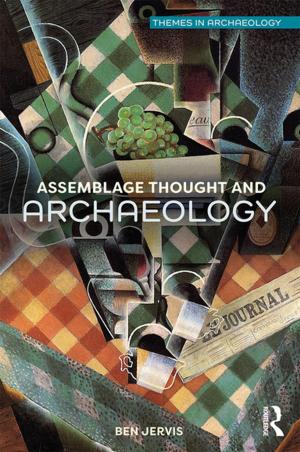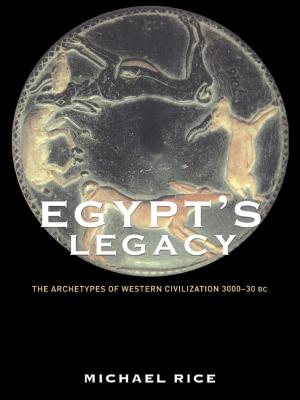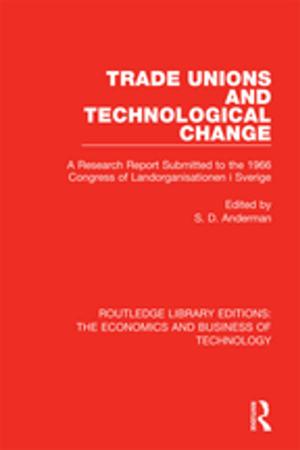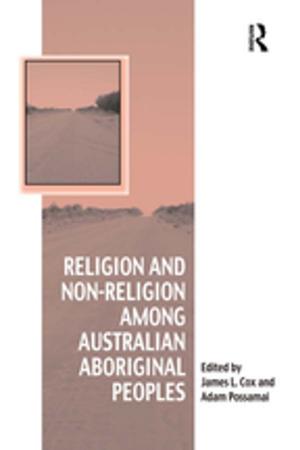The Church in Anglican Theology
A Historical, Theological and Ecumenical Exploration
Nonfiction, Religion & Spirituality| Author: | Kenneth A. Locke | ISBN: | 9781317038283 |
| Publisher: | Taylor and Francis | Publication: | September 17, 2016 |
| Imprint: | Routledge | Language: | English |
| Author: | Kenneth A. Locke |
| ISBN: | 9781317038283 |
| Publisher: | Taylor and Francis |
| Publication: | September 17, 2016 |
| Imprint: | Routledge |
| Language: | English |
This book is the first systematic attempt to describe a coherent and comprehensive Anglican understanding of Church. Rather than focusing on one school of thought, Dr Locke unites under one ecclesiological umbrella the seemingly disparate views that have shaped Anglican reflections on Church. He does so by exploring three central historical developments: (1) the influence of Protestantism; (2) the Anglican defence of episcopacy; and (3) the development of the Anglican practice of authority. Dr Locke demonstrates how the interaction of these three historical influences laid the foundations of an Anglican understanding of Church that continues to guide and shape Anglican identity. He shows how this understanding of Church has shaped recent Anglican ecumenical dialogues with Reformed, Lutheran, Orthodox and Roman Catholic Churches. Drawing on the principle that dialogue with those who are different can lead to greater self-understanding and self-realization, Dr Locke demonstrates that Anglican self-identity rests on firmer ecclesiological foundations than is sometimes supposed.
This book is the first systematic attempt to describe a coherent and comprehensive Anglican understanding of Church. Rather than focusing on one school of thought, Dr Locke unites under one ecclesiological umbrella the seemingly disparate views that have shaped Anglican reflections on Church. He does so by exploring three central historical developments: (1) the influence of Protestantism; (2) the Anglican defence of episcopacy; and (3) the development of the Anglican practice of authority. Dr Locke demonstrates how the interaction of these three historical influences laid the foundations of an Anglican understanding of Church that continues to guide and shape Anglican identity. He shows how this understanding of Church has shaped recent Anglican ecumenical dialogues with Reformed, Lutheran, Orthodox and Roman Catholic Churches. Drawing on the principle that dialogue with those who are different can lead to greater self-understanding and self-realization, Dr Locke demonstrates that Anglican self-identity rests on firmer ecclesiological foundations than is sometimes supposed.

